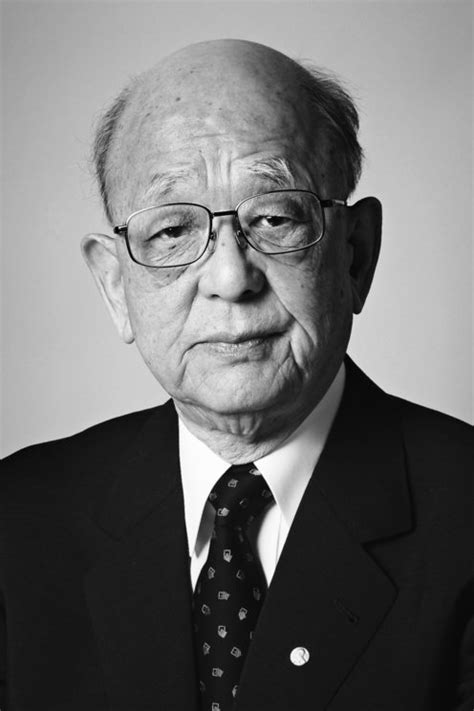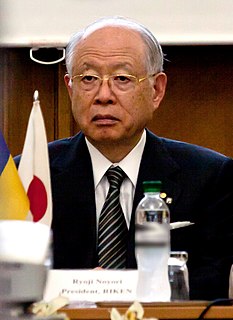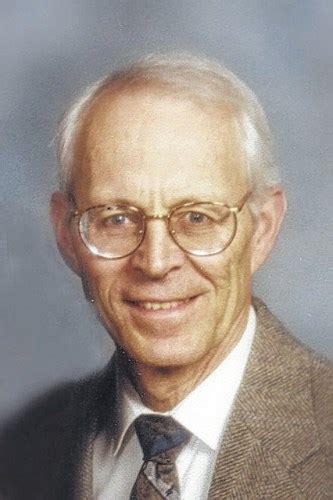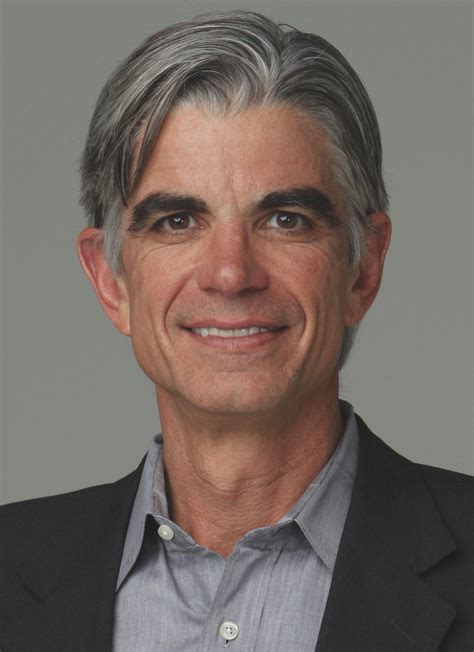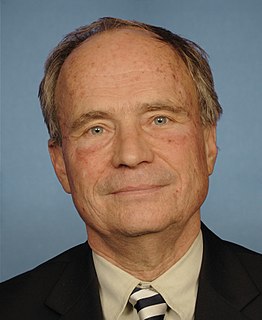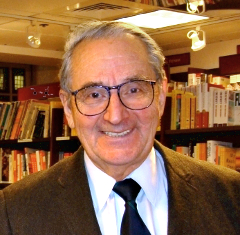A Quote by Randy Pausch
I'm a professor. I know that people in research labs can do miraculous things if they're given the resources.
Related Quotes
I think there's a need for somewhat of a mindset change. We need to have a consistent external focus. We've always had the research labs. We've always had the resources to be innovative, and we've been innovative in a number of businesses. But, in any big company, you have to constantly push people to look at markets and customers, rather than look internally at themselves.
By 1954, as an assistant professor with a group of three graduate students, I was able to initiate more complex experimental projects, dealing with the structure, stereochemistry and synthesis of natural products. As a result of the success of this research, I was appointed in 1956, at age twenty-seven, as professor of chemistry.
This example illustrates the differences in the effects which may be produced by research in pure or applied science. A research on the lines of applied science would doubtless have led to improvement and development of the older methods - the research in pure science has given us an entirely new and much more powerful method. In fact, research in applied science leads to reforms, research in pure science leads to revolutions, and revolutions, whether political or industrial, are exceedingly profitable things if you are on the winning side.
Picking my topics is sort of a process of elimination for me. Most things don't work for me. I like to cover science and unexpected things happening in labs. Also, theoretical research doesn't work for my style. I need scenes and interactions. Then, humor. I'm having the most fun when I can have fun with my work.




